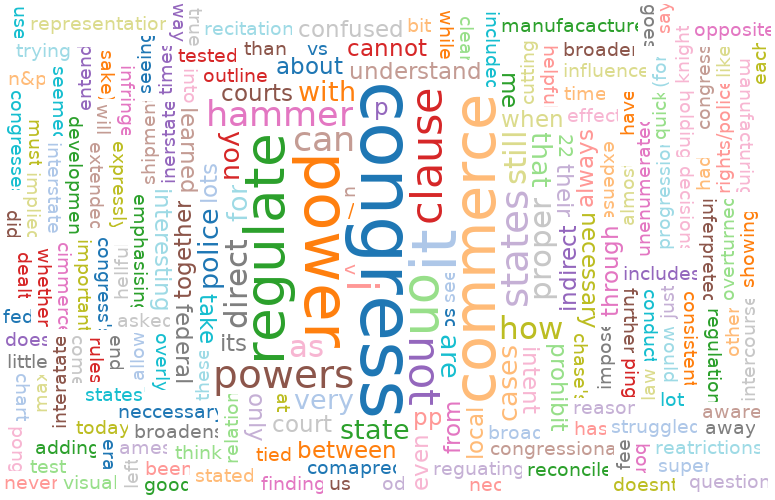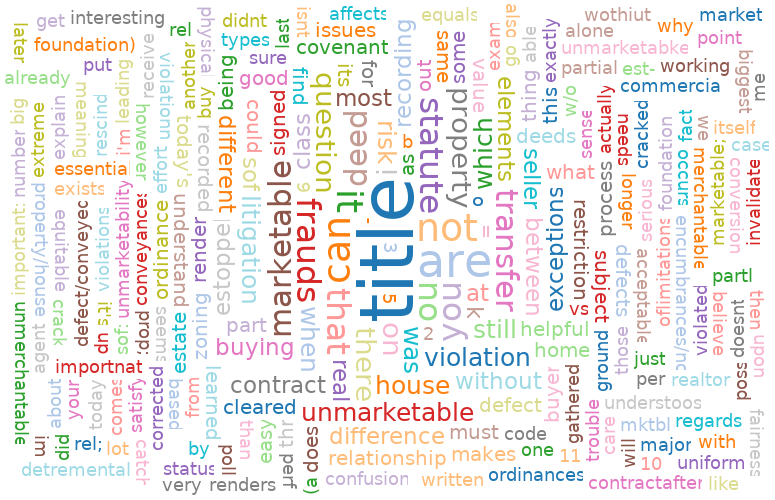The Volokh Conspiracy
Mostly law professors | Sometimes contrarian | Often libertarian | Always independent
The Key to Zoom University: More Polling, Less Lecturing
This semester I am lecturing less and asking far more polling questions.
In years past, I would usually start the class with a single multiple choice or true/false question. Students would enter their answers using the iClicker app. And after that initial question, I wouldn't touch the app again.
Now, with Zoom University, I am asking many more questions. In a 90 minute class, I may pose 6 or 7 poll questions. Each question takes about a minute to administer, and two-to-three minutes to review. I will often call on a few students before I disclose the correct answer. The iClicker app lets me instantly select the right answer, and students will know whether they got it right or wrong. And with a multiple choice question, students can see how many students selected each answer. If I sense that the class is evenly divided between two options, I can focus on those issues.
I am using more polling to keep students engaged. Zoom fatigue is real. And I try to combat that problem by making each student feel like they are in control of the class. Though polling has a drawback. In total, I may spend 20-25 minutes on polling. With more polling, I have less time to lecture and discuss cases. As the saying goes, talk less, poll more.
Fortunately, that sort of material can be reviewed outside of class. This process is known as the "flipped classroom." For Constitutional Law, I ask students to read the case summaries, and watch the videos, from An Introduction to Constitutional Law: 100 Supreme Court Cases Everyone Should Know. Students can also watch my YouTube lectures from last year when, in the time before COVID-19, I interacted with students IRL. This background serves as an effective substitute for the reduced lecturing.
I do not have that sort of resource for property--yet. I am also writing a new book, tentatively titled An Introduction to Property Law: 100 Property Cases and Concepts Everyone Should Know. That book, and the video library, should be public circa 2022. For now, my students can read the draft case summaries I wrote. This book will link up with several of the leading Property casebooks.
At the end of class, I use what is called a "minute poll." I give everyone one minute to write a short, one sentence description of the class. (Actually, iClicker limits answers to 140 characters--the length of old tweet). Students can also pose questions, or seek clarification. After class is over, I review every minute poll. If several students pose the same question, I will be sure to bring it up in the next class. So far, I have found this process helpful.
The software also generates a word cloud based on what the students wrote. Here are the word clouds for ConLaw and Property II:


I used to think online instruction was vastly inferior to in-person instruction. My thinking on this question is shifting, class-by-class.


Show Comments (19)